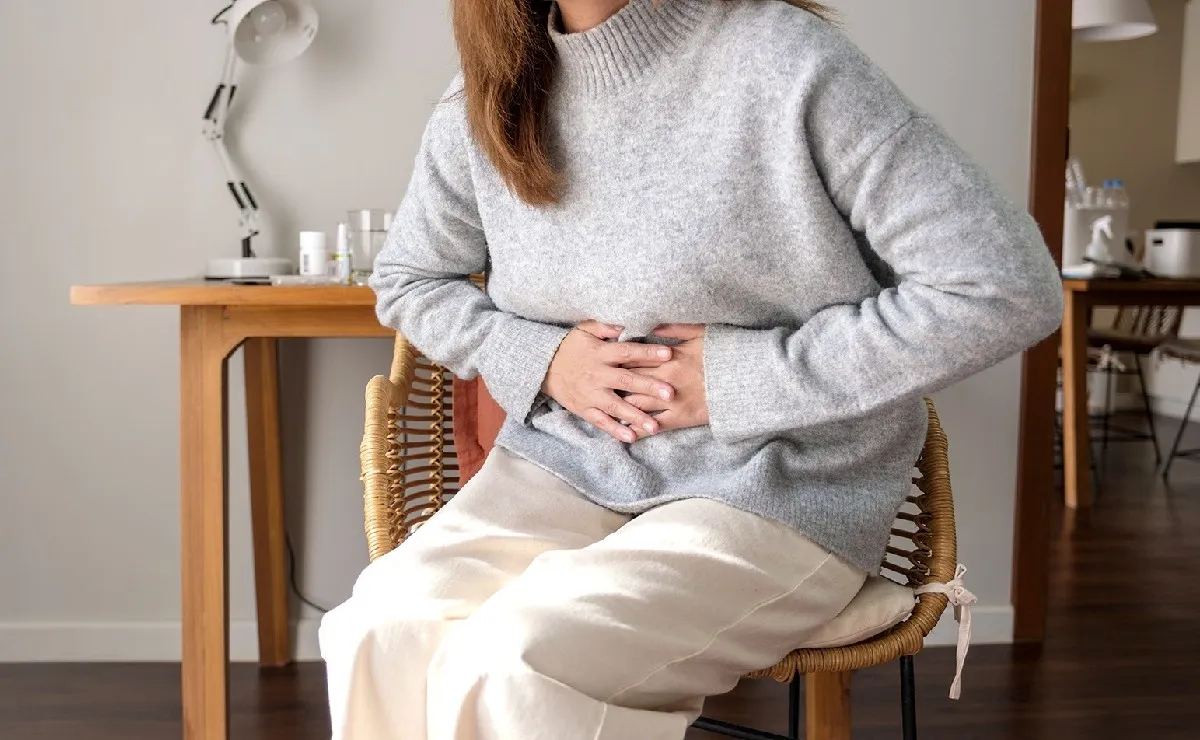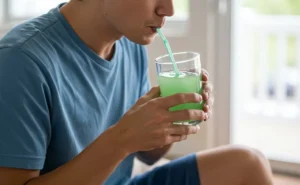Diverticulitis is an inflammation of the colon that causes severe abdominal pain, fever, and general malaise. Learn about its symptoms, causes, and the most effective treatment to relieve pain and prevent complications.
Diverticulitis is an inflammation or infection of small pouches that form in the colon wall. It can cause severe abdominal pain, fever, and, in severe cases, complications requiring hospitalization.
Recognizing symptoms early and acting quickly is essential for effective treatment.
What is diverticulitis?
Diverticulitis begins with diverticulosis, a condition in which small sacs—called diverticula —form in the large intestine, especially the sigmoid colon.
When one of these diverticula becomes inflamed or infected, pain and other symptoms appear, which can range from mild to severe.
Main causes and risk factors
Although its exact origin is unknown, specialists point to several factors that increase the likelihood of suffering from diverticulitis:
- Advanced age
- Obesity
- Low-fiber diet
- Imbalance of the intestinal microbiota
- Family history
The condition is more common in men, and although there is no identified gene, familial predisposition plays an important role.
Symptoms to watch out for
A mild episode may feel like an intermittent pain in the lower left abdomen, which worsens after eating.
In moderate or severe cases, the following may occur:
- Persistent abdominal pain
- Fever and chills
- Nausea and vomiting
- Blood in the stool
- Difficulty passing gas or passing gas
In the most severe cases, inflammation can perforate the colon and cause abscesses or fistulas, requiring urgent surgery.
Pain relief treatment
Mild cases: bowel rest and a soft or liquid diet for a few days.
- Moderate cases: oral antibiotics for 1 or 2 weeks.
- Severe cases: hospitalization, intravenous antibiotics, drainage, and possible surgery.
- It is important to see a doctor if abdominal pain worsens or is accompanied by high fever, vomiting, or bleeding.
Prevention and reduction of outbreaks
There is no evidence that seeds, nuts, or grains cause diverticulitis.
Specialists recommend:
- Follow a high-fiber diet
- Maintain good hydration
- Reduce red and processed meat
- Exercise regularly
- Avoid smoking
It’s impossible to predict with certainty, but severe cases tend to recur with the same intensity. In these patients, the doctor might consider preventive surgery to prevent further episodes.























+ There are no comments
Add yours